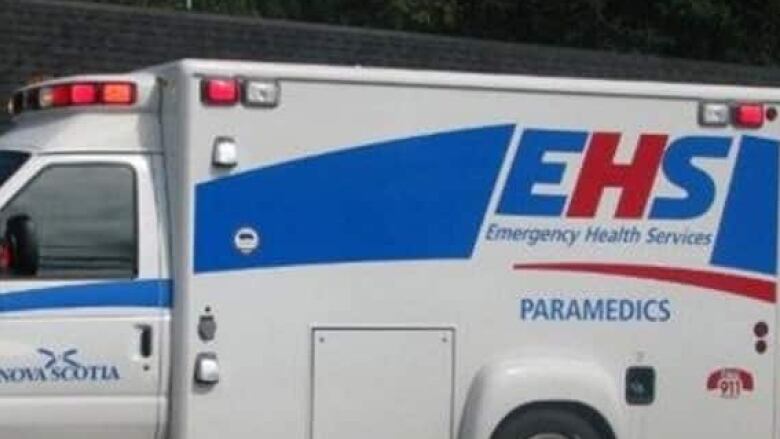Ambulance wait times longer than normal due to weather, overcrowding
Halifax Infirmary ER had 13 ambulances waiting to deliver patients on Monday

Poor weather conditions, emergency room overcrowding and an increased number of emergency calls are slowing down ambulances.
Earlier this week, the head of the ER at the Halifax Infirmary sounded the alarm that overcrowding was causing issues in the department.
Dr. Samuel Campbell said on Monday, the emergency department had 13 ambulances waiting to deliver patients with nowhere to admit them.
Ambulance wait times are longer than usual, said Jeff Fraser, director of provincial operations for Emergency Health Services.
"Yes, in the last couple weeks we've certainly seen a bump," he said. "But I don't know if they're the worst we've ever seen."
Issues when offloading patients at emergency departments have been around for a few years but in recent weeks EHS has been grappling with an increase in the number of 911 calls.
The increase in call volume has been especially "significant" in the Halifax Regional Municipality, said Fraser.
"As we begin to analyze what's happening there are no real trends. We certainly see indicators of flu but I would not say that flu is the only reason," he said. "We're seeing lots of falls, lots of cardiac incidents. But overall we are a lot busier."
And that compounds the problem at the ER.
More 'over-run overtime'
"We're bringing them more people for them to try and process," Fraser said.
Paramedic union representative Terry Chapman says there have been members of his union calling him telling him that there is more "over-run overtime" recently than normal.
"Ambulance crews are experiencing more what we call over-run overtime, which is time past the time when they would normally be at the end of their shift and some of them three or four hours in day," says Chapman, who is with Local 727 of the International Union of Operating Engineers.
Chapman says he doesnt know if crowded ERs are a factor in this increase in calls about overtime complaints.
Despite the current issues in the system, Fraser emphasizes people should not hesitate to call for help when they need it.
"We don't want people not to call 911. We have an inherent responsibility to make sure we are there for you when you need it and we don't want people not to make that call," he said.
There are systems in place to help EHS reduce wait times, including solutions such as moving resources around to communities in need, he explains.
"We have to deal for what we're dealt everyday so we adjust our system for that. But it is challenging. In the last couple weeks it has been more challenging than normal, yes."












_(720p).jpg)


 OFFICIAL HD MUSIC VIDEO.jpg)
.jpg)



























































































